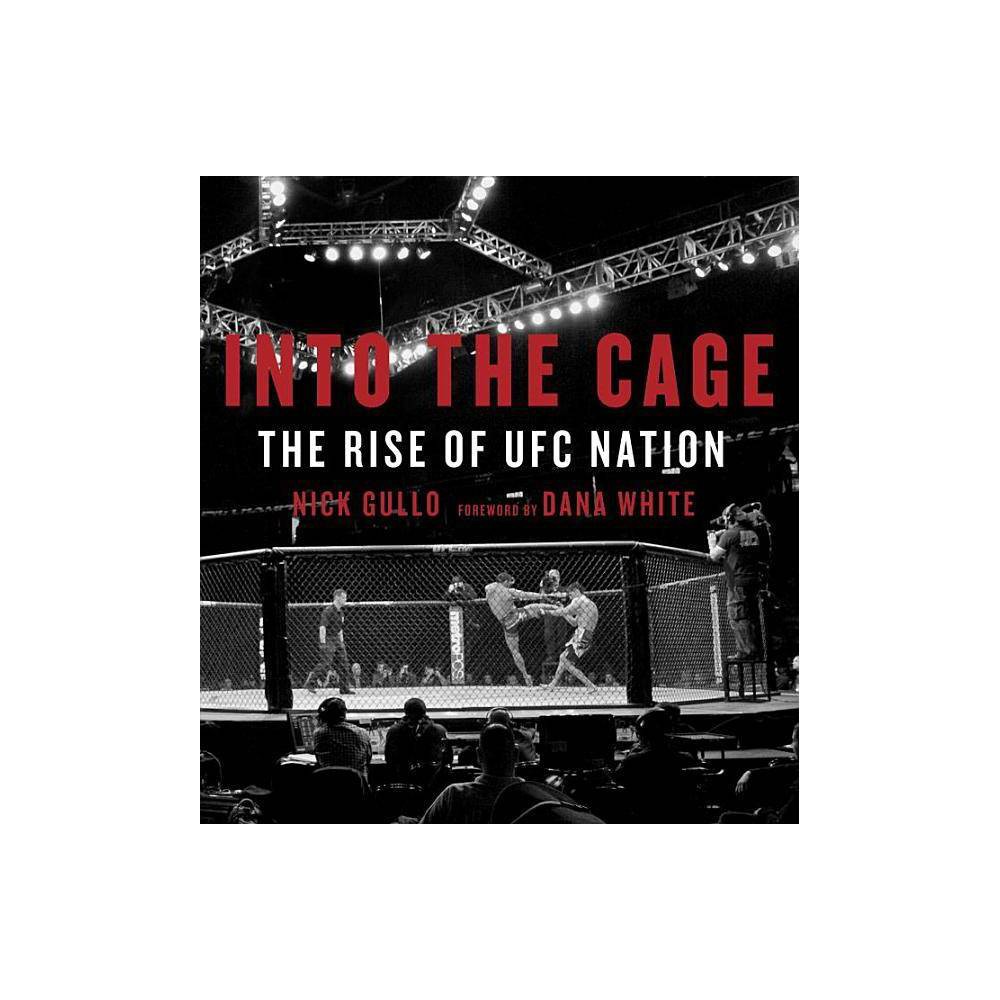
Book Review: Into the Cage
I recently read Into the Cage: The Rise of UFC Nation. The book was written by Nick Gullo, one of Dana White’s closest friends. In fact, Dana writes right in the introduction that the unprecedented access which Nick possessed makes the book extra special.
It was an entertaining read for sure. Here are some of the parts which stood out.
The history of the sport
In the very first chapter, Nick Gullo narrates a tale. In the story, Dana White is excited about MMA. He thinks it could be the next big thing. Nick on the other hand is flippant. In fact, as he points out he’s only being polite because Dana would be obsessive about it. With the benefit of hindsight, Dana was right of course.
Like most general books, Into the Cage starts off with some amount of history. Nick dives into the roots of combat sport. Once that has been established, Nick starts off with the UFC. The Gracies feature prominently in any account of MMA history and this is no different. Gullo also spends some time discussing the growth of the sport, paying special attention to names like Tank Abbott, Randy Couture and Vitor Belfort.
One of the more memorable and entertaining parts of the book shows Tank Abbott and his thoughts on other fighters. Abbott’s remarks are eyebrow raising and include stating (1) Chuck Liddell has no power; and (2) Brock Lesnar could not punch himself out of a wet paper bag. It has been many years since the publication of the book, but at the time (circa 2013), Abbott claimed he had no idea who Anderson Silva was.
Gullo spends a lot of time dissecting the various styles of the different martial arts.
Building narratives
One of the ways in which Gullo pierces the veil on the UFC is by acknowledging how much of promotion is based on storytelling. Gullo acknowledges that for someone involved with the media, it is important to work with the media for long periods of time. Often this involves repeating the same things again and again.
But building these narratives were important for the UFC. It allowed them to achieve multiple goals. Finalising broadcast deals for pay per view shows. Improving the live fight experience. Increasing advertising revenue. Working with the state governments to regulate the sport.
Part of the narrative behind each fight often involves using an archetype or character. Gullo spends some time relating the various Jungian archetypes to different fighters. Each results in a different kind of story.
The fight camps, the weight cuts, the mental battles that fighters face every day all form part of the narrative.
Women power
Gullo spends some time discussing women in MMA. It’s a good reflection on the sport. One of the more famous moments in MMA history was an interview where Dana said that there would be no women’s MMA. Ronda Rousey changed that and she changed it in a big way. Ronda talks about her personal journey and the sacrifices that she made.
Ronda’s undeniable impact is felt even to this day. Newcomer Kay Hansen explicitly stated that she is part of what is called the Ronda revolution.
Joe Rogan
Rogan is a man of many hats. Rogan’s podcast is easily one of the most popular in the world. But his contribution to the UFC is equally undeniable. It’s very hard to pin point how many new fans Joe Rogan has brought to the sport. Gullo devotes an entire chapter to Rogan. What’s striking is how at one point, he describes Rogan as being the alpha male in a room filled with some of the world’s deadliest fighters.
The tale of the UFCs growth is incredible. But the growth of Joe Rogan has been no less impressive.
Overall, the book may not throw too many surprises for long time fans of the sport. However, it is well written and an enjoyable read.